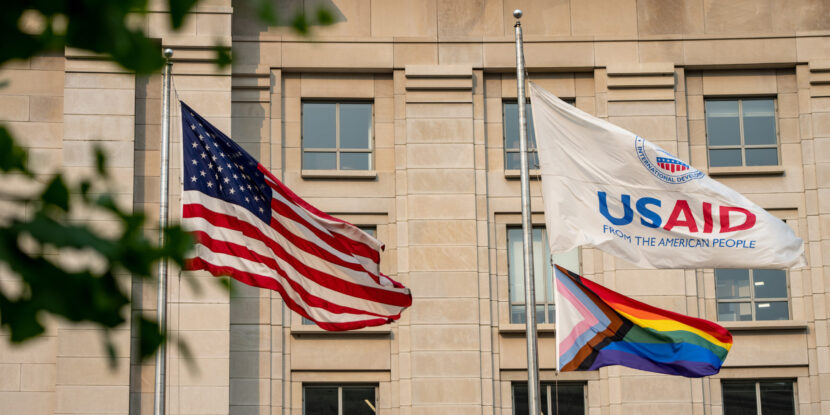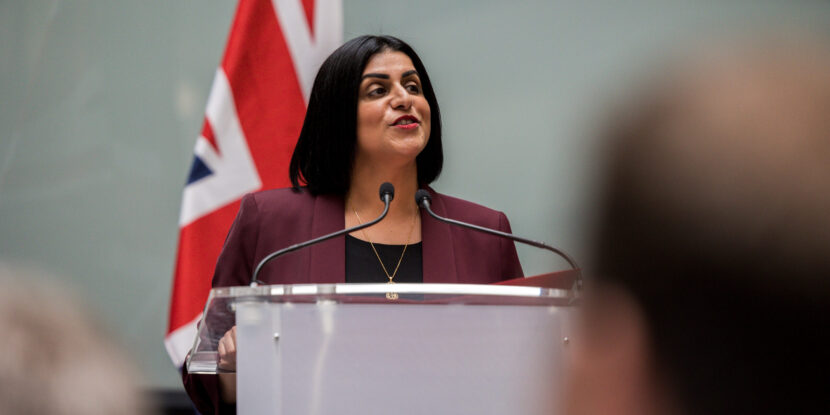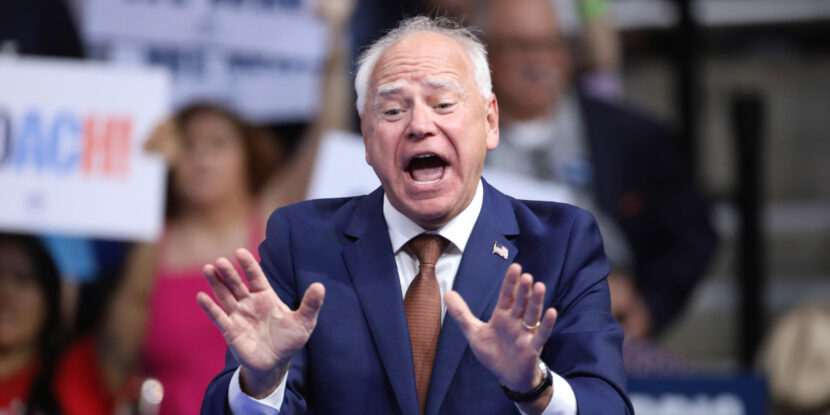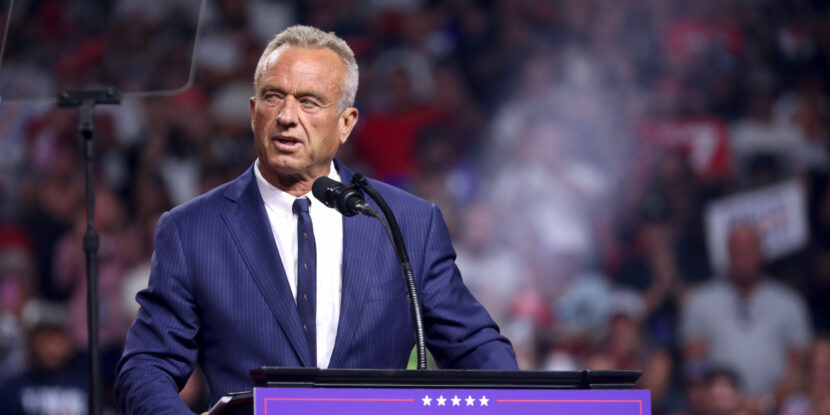❓WHAT HAPPENED: A federal judge ordered the Trump administration to release $11.5 billion in foreign aid, ruling the administration’s decision to withhold the funds was likely illegal.
👤WHO WAS INVOLVED: U.S. District Court Judge Amir Ali, the Trump administration, and Congress.
📍WHEN & WHERE: The ruling was issued late Wednesday in Washington, D.C., with funds set to expire at the end of the month.
💬KEY QUOTE: “Defendants do not have any discretion as to whether to spend the funds.” – Judge Amir Ali
🎯IMPACT: The ruling could set a precedent on executive authority over congressionally approved funds, with the administration filing an appeal.
U.S. District Court Judge Amir Ali ruled Wednesday that the Trump administration’s withholding of $11.5 billion in congressionally approved foreign aid was likely illegal, issuing a preliminary injunction to release the funds before they expire at the end of the month.
“To be clear, no one disputes that Defendants have significant discretion in how to spend the funds at issue, and the Court is not directing Defendants to make payments to any particular recipients,” Judge Ali wrote. “But Defendants do not have any discretion as to whether to spend the funds.” Ali, a Biden appointee, insisted that Congress—not the executive branch—has the authority to rescind appropriated funds.
The ruling challenges the administration’s use of a “pocket rescission,” a tactic where a president submits a late request to Congress to not spend approved funds, effectively bypassing the legislative branch. President Donald J. Trump had previously informed House Speaker Mike Johnson (R-LA) that he would not spend $4.9 billion of the aid, citing it as wasteful and misaligned with his foreign policy goals.
The administration filed an appeal following the ruling, and Ali acknowledged that his decision is unlikely to be the final word on the matter. “This case raises questions of immense legal and practical importance, including whether there is any avenue to test the executive branch’s decision not to spend congressionally appropriated funds,” Ali wrote.
The case also marks the first use of pocket rescission in nearly 50 years, a move that could set a significant precedent on the limits of executive authority. Ali stated that Congress would need to approve any rescission proposal for the funds to remain unspent, as outlined by existing law.
Join Pulse+ to comment below, and receive exclusive e-mail analyses.



















